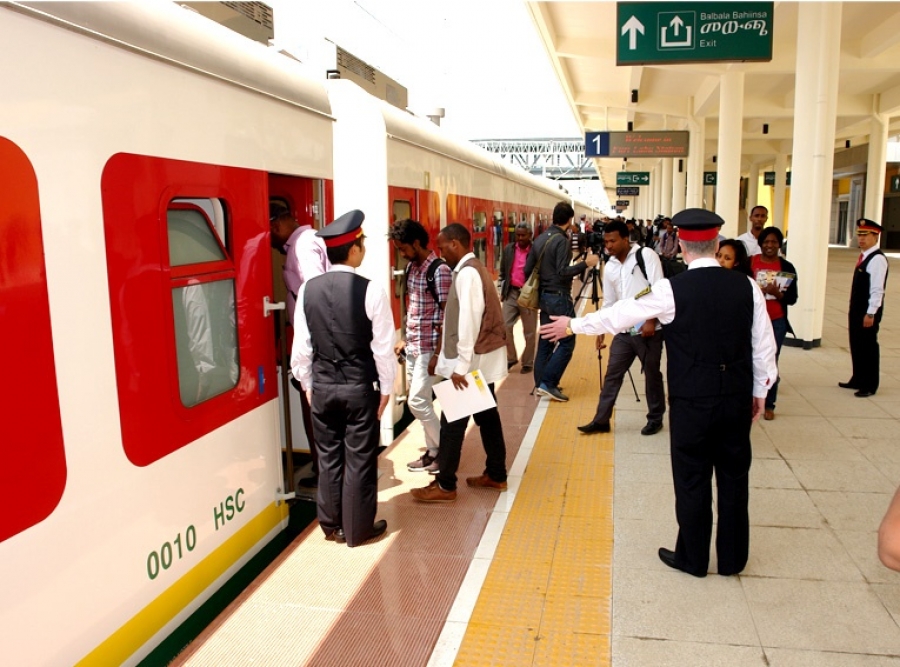 The Chinese-built 756-km electrified rail project connecting Ethiopia to Djibouti officially started commercial operations on 1 January with a ceremony held in Addis Ababa.
The Chinese-built 756-km electrified rail project connecting Ethiopia to Djibouti officially started commercial operations on 1 January with a ceremony held in Addis Ababa.
Contracted by two Chinese companies, the first 320 km of the rail project from Sebeta to Mieso was carried out by the China Rail Engineering Corporation (CREC), while the remaining 436 km from Mieso to Djibouti port section was built by the China Civil Engineering Construction Corporation (CCECC). Speaking on the occasion, Ahmed Shide, Ethiopian Minister of Transport, hailed the standard gauge project as a milestone in China-Africa cooperation.
In addition to further enhancing economic ties as well as the people-to-people links between Ethiopia and Djibouti, it will have a significant contribution to the ongoing development efforts of building a new Ethiopia, said the minister. Emphasizing on its huge significance and importance, Tan Jian, Chinese Ambassador to Ethiopia, noted that the project would contribute to the industrialization and diversification of the Ethiopian economy, and also towards the country’s growth and transformation plan. The ambassador has reiterated China’s commitment to further cooperating and closely working with Ethiopia and Djibouti to the railway’s smooth operation. The Addis Ababa-Djibouti railway project has been carried out with an investment of 4 billion U.S. dollars, and China’s Exim Bank has provided a loan.
Speaking on his part, Djibouti Ambassador to Ethiopia, Mohamed Idriss Farah, said the railway project would have a significant contribution to the economic integration between Djibouti and Ethiopia. “This is an important corridor, important railways between Djibouti and Ethiopia; we are working for our economic integration between our two countries. And this project was part of the economic integration, but not only economic integration but also connecting the peoples of Djibouti and Ethiopia,” said the ambassador.
The railway provides both passenger and freight services between Addis Ababa and Djibouti.
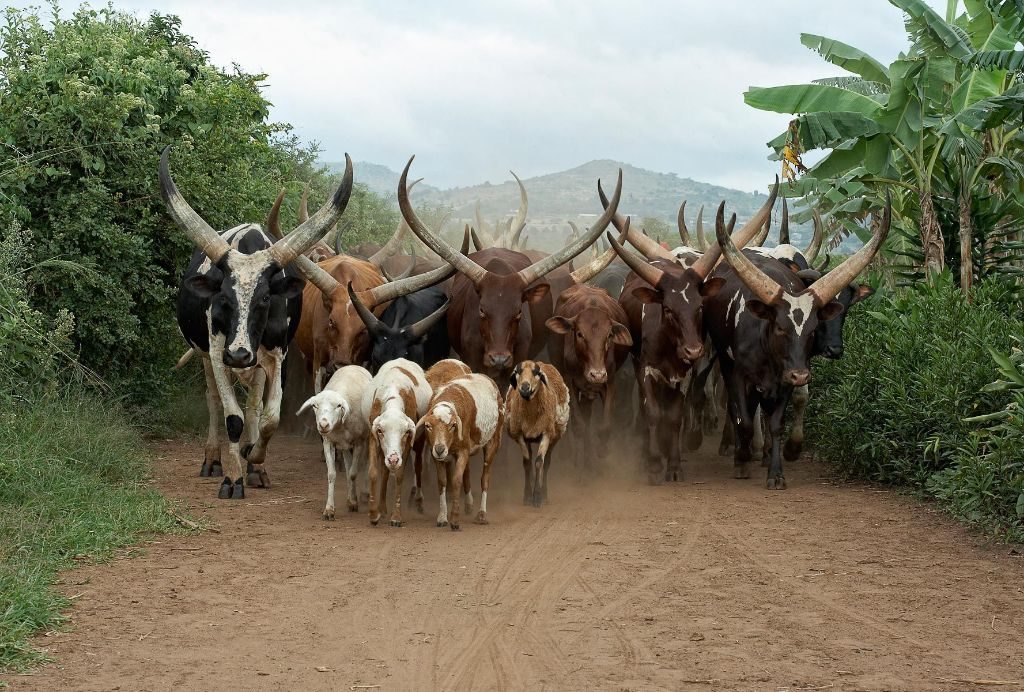
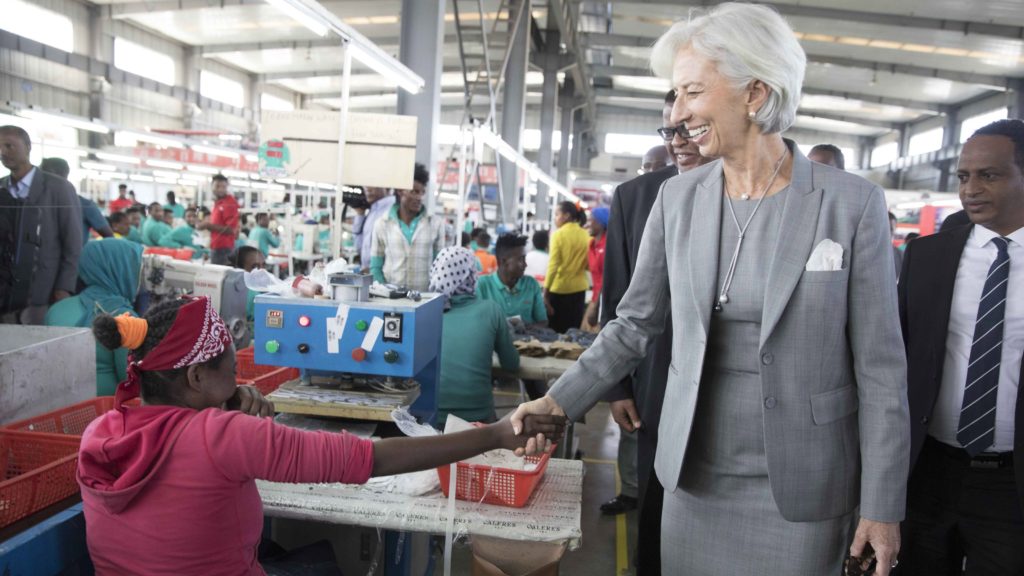 On 13 December 2017, International Monetary Fund (IMF) Managing Director, Christine Lagarde, arrived in Ethiopia for a historic three-day visit, touring new industrial parks and meeting with government officials. This is the first time in the IMF’s 72-year history that a managing director paid a visit to the Ethiopian capital, as a demonstration of Ethiopia’s growing recognition as an economic hub of Africa.
On 13 December 2017, International Monetary Fund (IMF) Managing Director, Christine Lagarde, arrived in Ethiopia for a historic three-day visit, touring new industrial parks and meeting with government officials. This is the first time in the IMF’s 72-year history that a managing director paid a visit to the Ethiopian capital, as a demonstration of Ethiopia’s growing recognition as an economic hub of Africa.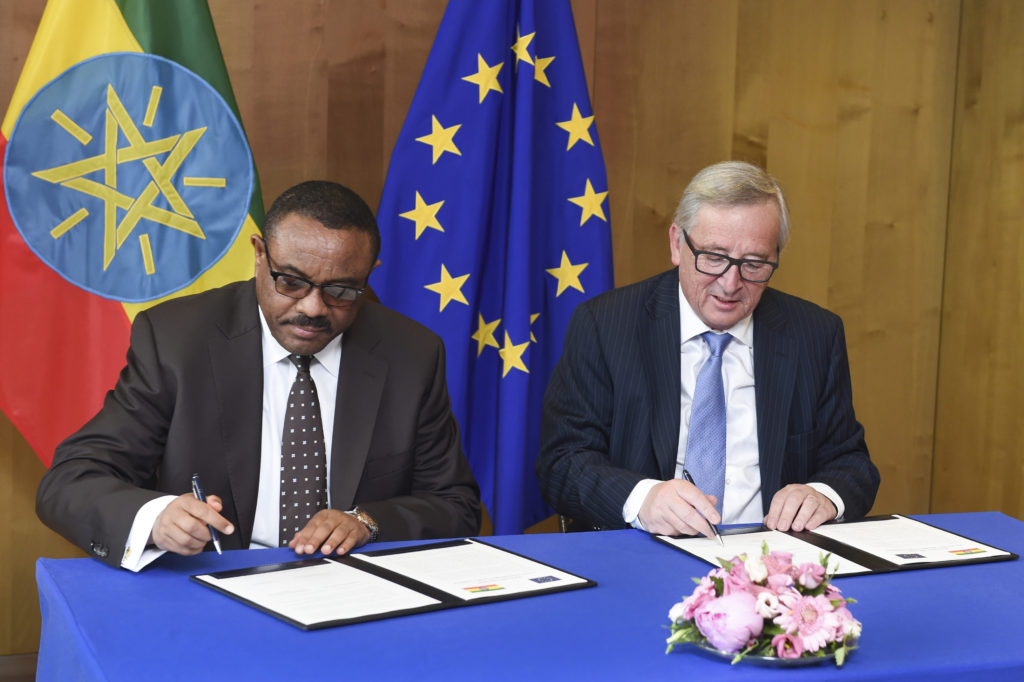
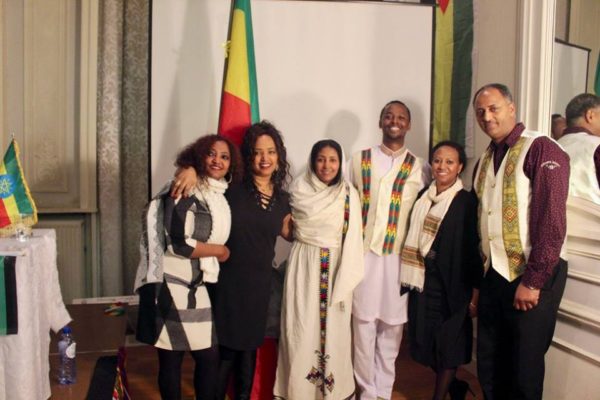
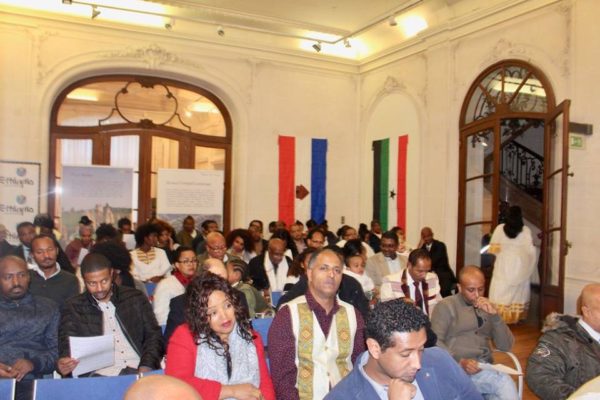
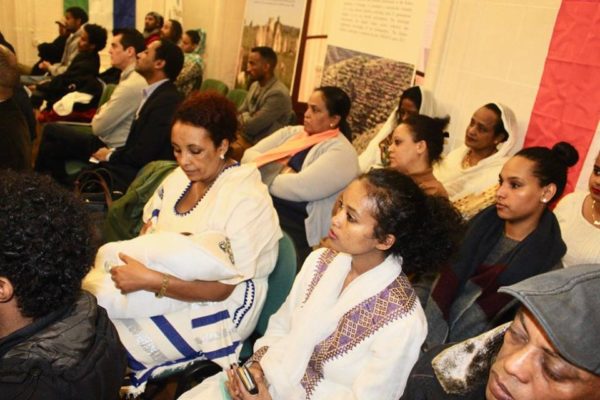
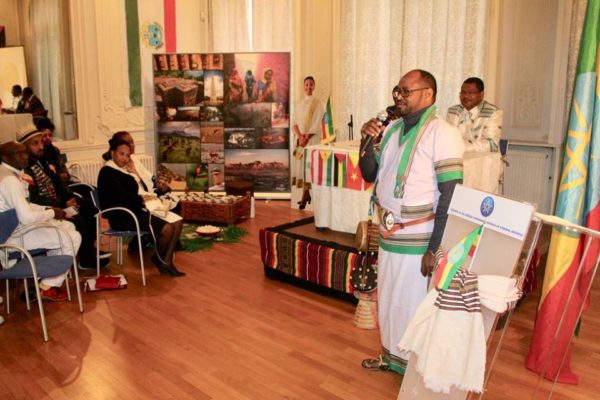
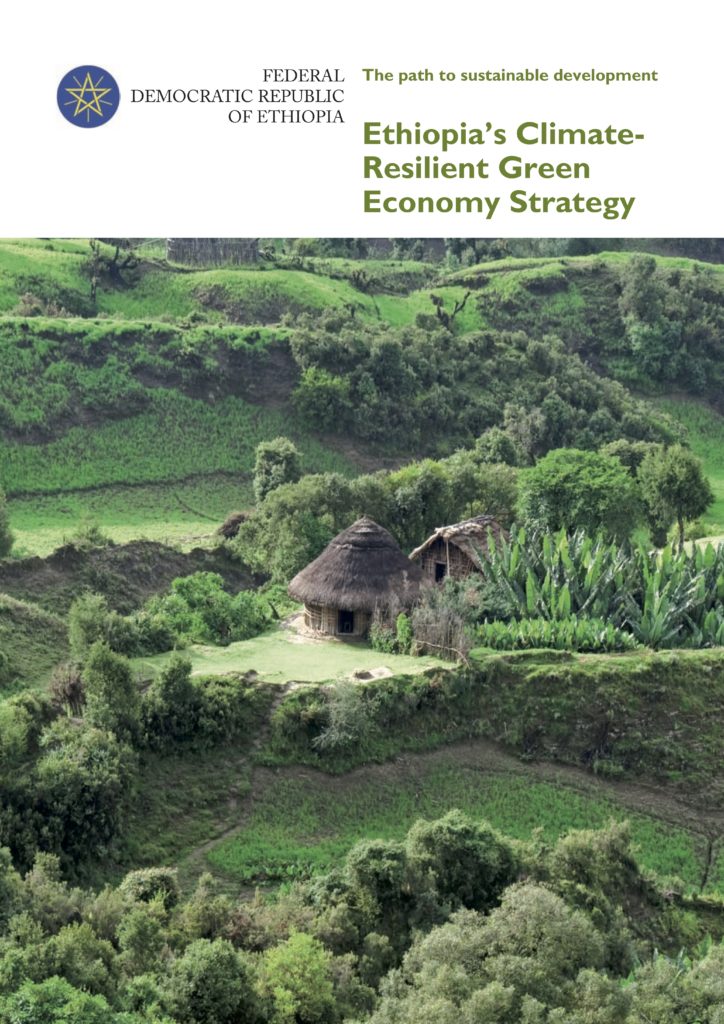 Despite being a developing country, Ethiopia has been playing a leading role in climate change negotiations. It has become a country that is engaged in successful climate diplomacy so that the voice of developing countries is heard in various international arenas. Ethiopia is also a model country in implementing a green economy development strategy.
Despite being a developing country, Ethiopia has been playing a leading role in climate change negotiations. It has become a country that is engaged in successful climate diplomacy so that the voice of developing countries is heard in various international arenas. Ethiopia is also a model country in implementing a green economy development strategy.